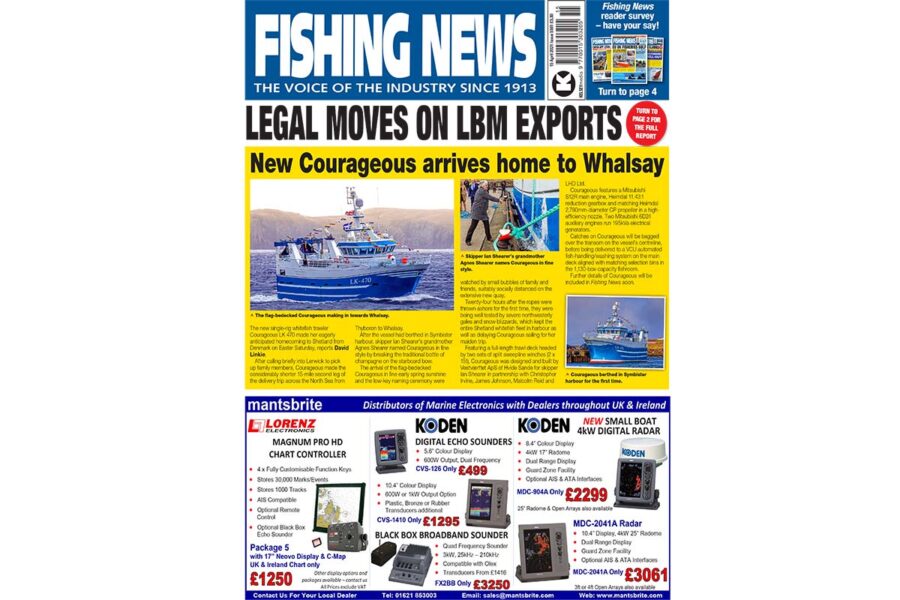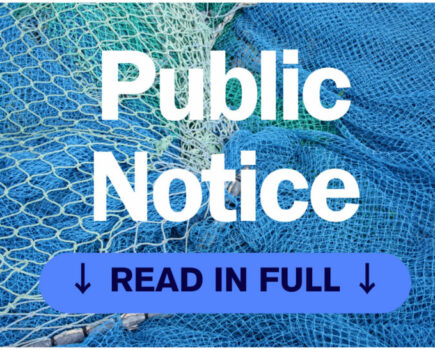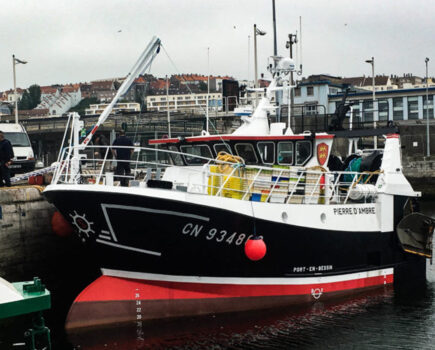‘Nothing we can do if EU wants to ban LBM imports’
DEFRA secretary George Eustice told a Commons committee that DEFRA did fully understand the legal aspects of the EU ban on exports of live bivalve molluscs (LBMs) for purification on the Continent, reports Tim Oliver.
He said the Commission had changed the law, and that if it was EU policy to ban the exports – even though EU businesses wanted the trade to continue – there was nothing the UK could do apart from look for alternative markets.
Giving evidence to the Environment, Food and Rural Affairs (EFRA) committee, he said the EU had changed its policy, and had recently altered its export health certificates to reaffirm that change.
“That has basically placed a ban on a trade that it had previously said could continue. That is deeply frustrating, but it is not the case that we did not understand the law,” he told the committee.
“We do understand the law – we were an EU member for nearly half a century. We have huge technical expertise in this area.
“The reality is that the EU made clear that it wanted to change its law, and it has now done it, but it only announced that on 3 February.”
He said that in September 2019, the Commission told DEFRA there was a specific export health certificate that would enable the continued export of LBMs for depuration after the end of the transition period.
“The EU published a draft export health certificate in August that made clear that, when that one came in from 21 April this year, it would cover both farmed and wild-caught bivalve molluscs for depuration,” he told the committee.
“Again, it was very clear that this was the sale of animal products not for human consumption but for further depuration. It was only on 3 February that it changed its position.
“We find that deeply frustrating, but in many ways there is not a lot we can do about that, if the EU is determined to change its law and prevent a trade that even restaurants in France are keen to see continue.”
The minister was asked if DEFRA would publish its interpretation of the EU law and why it believed it was wrong.
He said that had been done, and that the relevant documents were lodged in the House of Commons library during February.
He said DEFRA was helping businesses in a variety of ways, for example by helping them invest in depuration equipment or other processing equipment, and helping them to find alternative markets, ‘if it remains the case that the EU intends to ban this trade altogether’.
The committee chairman Neil Parish said it looked as though the EU had basically misled DEFRA, and asked why DEFRA was not challenging this.
“Why are we rolling over? They are trading with us; we are trading with them. Surely the whole idea of this agreement was being able to challenge some things,” he said.
“As far as I can see, we are going to ruin the shellfish industry, and it is the EU that is doing it.”
George Eustice said the Commission’s position was ‘indefensible’ on both animal health and public health grounds.
But he said: “If they maintain the position that they just want the abolition of the trade altogether and that is their policy, our ability to change that position is quite limited.
“We hope they will change their minds. As we said, there is no technical justification for the stance they have taken, but we cannot force them to do something they do not want to do, either.”
He added: “If the EU intends not to change its position, we may need to think about alternatives. We may need to adjust the model and seek other markets.”
For more up-to-date, in-depth news on the UK and Irish fishing industry, subscribe to Fishing News here.








